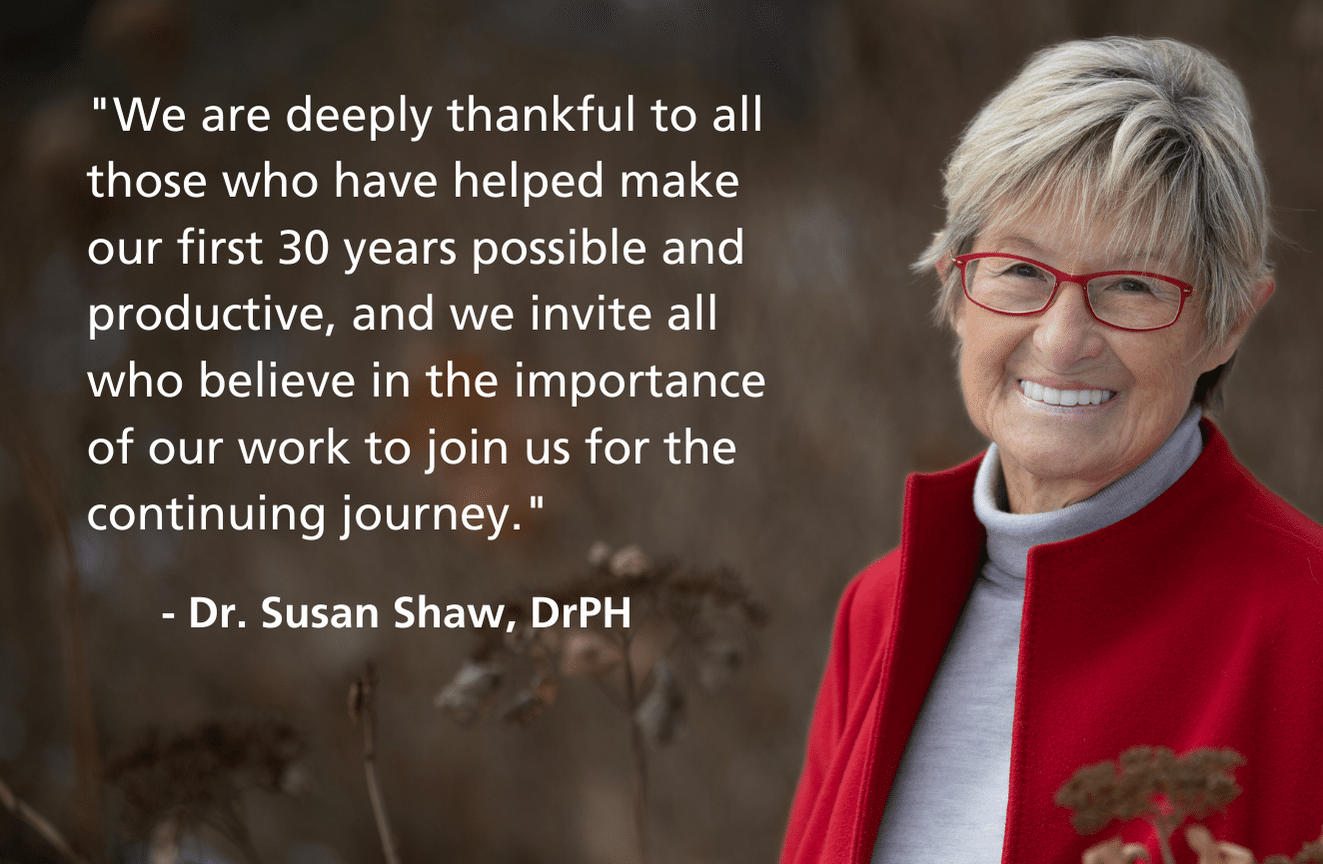Who We Are
About the Institute
The Shaw Institute is a nonprofit, 501(c)(3), scientific research organization based in Blue Hill, Maine. Founded in 1990 by ecotoxicologist Dr. Susan Shaw, for more than three decades, our research on plastics, ocean pollution, marine mammal health, toxic chemicals, and climate change has informed public opinion and fueled policy, impacting millions of people in the U.S. and worldwide.
In carrying on the legacy of Dr. Shaw, the Shaw Institute focuses on researching and better understanding the connection between environmental and human health. Our scientific research revolves around assessing levels of environmental contaminants, performing coastal water quality monitoring, understanding the effects of climate change, and ultimately, better understanding human impacts on the planet. This important work is done in tandem with scientists and organizations around the world.
The scientific data we collect and aim to publish are transformed into educational materials that can empower communities of people, from children to lifelong learners, regardless of their scientific knowledge base. Through evidence-based scientific research and engagement with surrounding communities of people, we can create significant change on a global scale.

Our Mission
The Shaw Institute connects environmental health with human health through innovative science, collaboration and community outreach.
Our Values
- Conduct evidence-based science with integrity and purpose
- Provide an inclusive learning environment for community engagement and outreach
- Establish a role in our academic field that promotes cross-discipline collaboration
- Ensure our reputation serves as a source of inspiration for those around us
- Focus on emerging technology and diverse funding sources for the advancement of scientific knowledge
